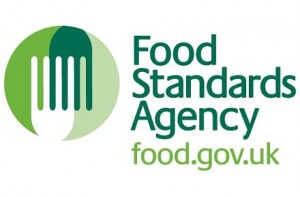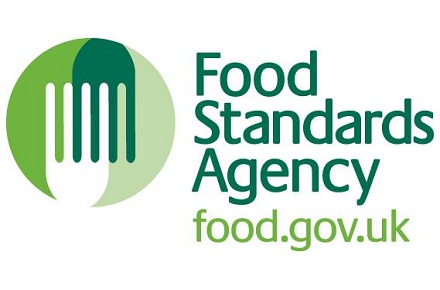Certain process stages and regions in smoked fish processing plants appear to be more susceptible than others to persistent colonisation by Listeria monocytogenes, an FSA in Scotland (FSAS) literature survey has found. These regions include drains, skinning machines, brine injection units and fish slicers.
 |
| [relatedPosts title=”Related Posts”] |
|
|
The study identified, through interviews with businesses and enforcement officials, that additional information or guidance in the following areas would be beneficial in tackling L. monocytogenes contamination:
- environmental sampling and process monitoring
- sourcing of high quality raw ingredients
- verification of cleaning and sanitation of food contact surfaces and the plant environment
- use of the ‘hurdle approach’ to reduce the potential of final product contamination. (This involves using a number of barriers to growth, which on their own are not sufficient to prevent or reduce growth, but are effective when used in combination.)
- shelf life determination studies
FSAS will be considering each of the recommendations made in the report and it is anticipated that further evidence-gathering will be needed to ensure that any advice generated in this area is science-based and proportionate.
The findings arise from a critical review of literature relating to L. monocytogenes contamination of raw and finished fish during hot and cold smoking processes. The review was undertaken to identify key production and processing practices that could potentially influence L. monocytogenes prevalence.
A series of visits to fish farms and commercial smokers was also undertaken, along with a survey of environmental health officers, to obtain information on mitigation strategies used by the sector in controlling listeria contamination and perceived barriers in controlling listeria, with a view to identifying any gaps where further advice or guidance is required.
From the literature, it was identified that fish entering processing plants can have listeria present on their skin surfaces, with prevalence rates being low, but variable. It was also identified that some L. monocytogenes biotypes can persistently colonise plant processing environments and these plant resident biotypes are more likely to be isolated from the final products.
Further Information.
‘Review of current practices in the management of Listeria monocytogenes in smoked fish production in Scotland and Northern England’ is available here.
.





